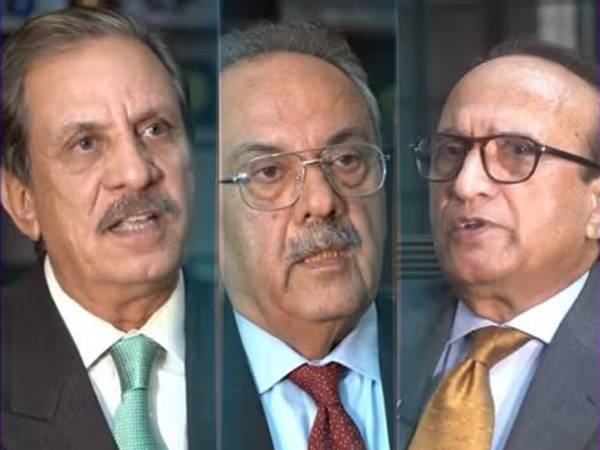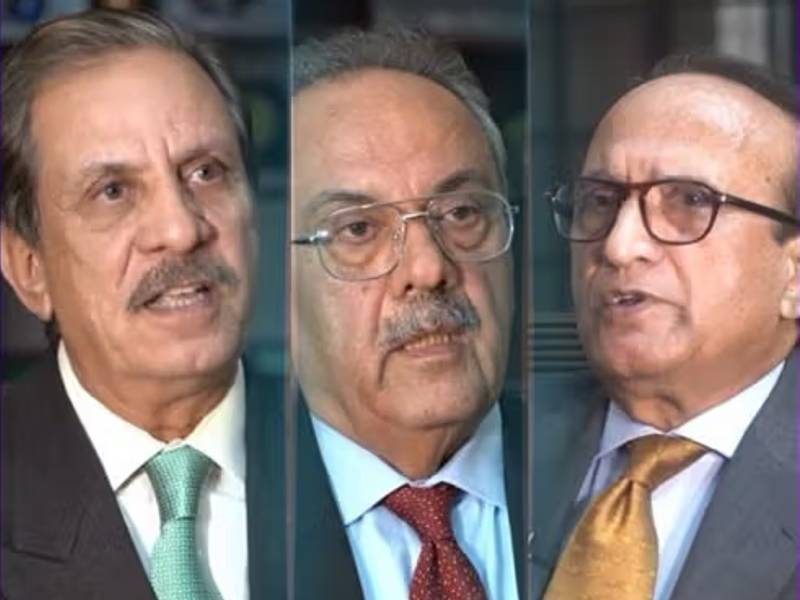Two former Pakistani diplomats say the Taliban’s policies are fuelling internal opposition and paving the way for potential regime change in Afghanistan.
Speaking during a panel discussion, Asif Durrani, Pakistan’s former special representative for Afghanistan, said the group’s actions have weakened its hold on power and created openings for armed resistance movements in the north, including Badakhshan. He added that non-Pashtun communities also form part of an emerging internal opposition.
Durrani said the Taliban have demonstrated an inability to govern effectively or maintain control of the country. He argued that the group has failed across all sectors, including social affairs, the economy and counterterrorism.
Citing international assessments, he said Tehreek-e-Taliban Pakistan (TTP), which he claimed receives support from the Afghan Taliban, poses a growing threat not only to Pakistan but to the wider South and Central Asian region. According to him, Taliban policies have deepened the group’s isolation among neighbouring states and the broader international community, especially due to its continued ban on education for girls and women.
Durrani warned that anti-Taliban groups in northern Afghanistan have become more active, and that the Taliban’s continued approach could strengthen and unite these armed movements. However, he stressed that Pakistan should not involve itself in any regime-change efforts in Afghanistan, noting that past interventions had failed.
He said the Taliban’s treatment of women has made the group “globally despised.”
Amjad Ali Sher, Pakistan’s former ambassador to Cambodia, also addressed the panel. He noted that the National Resistance Front and the Afghanistan Freedom Front, led by Yasin Zia, maintain a presence in northern Afghanistan and Badakhshan. He said Badakhshan’s strategic importance, bordering Tajikistan, China and Pakistan, makes it a focal point for opposition activity.
Sher said attempts to push back opposition groups have had limited success but warned that efforts aimed at regime change “will continue and will not stop.”
Pakistani media have recently highlighted the possibility of a political shift in Kabul, especially after relations between Islamabad and the Taliban deteriorated sharply. Pakistani officials have stopped referring to the Taliban as the “interim government,” instead calling it the “Taliban regime.” Over the past two months, Islamabad has repeatedly raised concerns about the Taliban’s lack of legitimacy and the exclusion of ethnic groups, minorities and women from power.
Three rounds of talks between the two sides have ended without progress. The Taliban rejected Pakistan’s requests for a written commitment to stop cross-border TTP attacks, issue a religious decree against jihad in Pakistan, and hand over TTP leaders. The Taliban maintain that TTP violence is Pakistan’s internal problem.
Following the closure of border crossings by Pakistan, the Taliban cut trade ties in response. They halted medicine imports from Pakistan and have turned to India in search of alternative supplies.
However, former Pakistani envoys at the panel argued that India cannot replace Pakistan in Afghan trade due to geography. Afghanistan and India share no land border, forcing New Delhi to rely on ports in Pakistan or Iran.
The Taliban are seeking to increase use of Iran’s Chabahar Port, but the port remains under heavy international sanctions.

